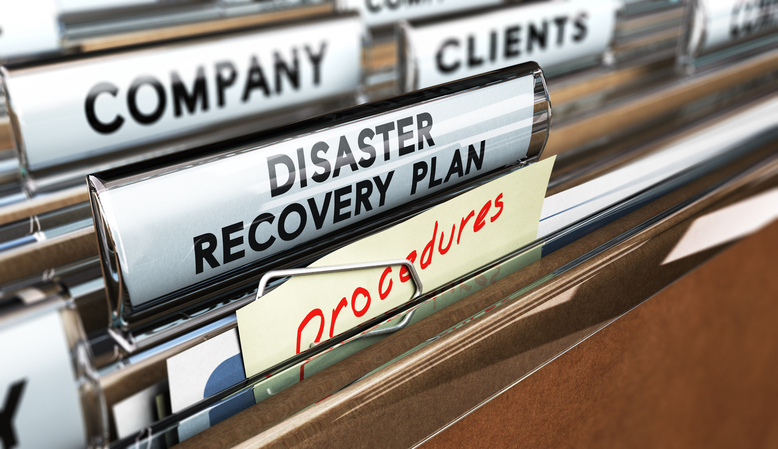A crisis is defined as: “an intense, unexpected and unstable state that disrupts normal operations and risks highly undesirable outcomes that requires extraordinary measures to restore stability”. Crisis communications management therefore involves the extraordinary measures that are taken to restore stability.
A crisis may arise when an issue is ignored or issues management fails or when an ‘act of God’-type disaster strikes. Within the PR function, its strategy as reputation manager is to minimise publicity, terminate long term coverage, preserve public confidence, identify positives, ensure balance and emerge stronger.
Effective recovery has its roots in prudent preparation. In the intense heat of a major crisis or acute issue, there will be little or no time for anything other than direct, active management of the situation.
Confidence comes from experience. Experience comes from learning. A crisis is not the time to start learning. While your pre-prepared processes are a guide, they will not meet every circumstance. Preparation is crucial but flexibility is key.
Top 10 Crisis Management Tips
1. Effective crisis communications is the result of diligent preparation, planning, training and practice. Organization of resources and facilities, training of spokespeople, preparation of materials, contact lists and check lists can all be done in advance. Training and practice simulations are about testing people, processes and the management of the flow of information.
2. Scenario planning should be less about trying to predict your crisis and more about thinking how your organization can and should plan its systems response (although some due diligence will be obvious – e.g. if you are an airline, then a crash is a scenario to train for).
3. Act quickly to assert control when the crisis hits. In the social media age, how quickly you can respond will define your ability to take control of the narrative of your crisis.
4. Identify the real crisis – the issue may be a proxy for something bigger and longer term.
5. Manage the flow of information – be honest and open with the media to create trust and ensure accuracy. Do not hide from the media. If you do not put your side of the story, there are plenty of others who will speculate and they are unlikely to be complimentary. Consider the impact of social media and citizen journalism.
6. To manage successfully the flow of information, centralize it and align your internal and external communications to avoid inconsistency and contradiction.
Apply the CAP process – express concern for those affected; commit to action in order to reassure the wider audience; offer perspective. Address the human factor and all your internal and external stakeholders. Do not speculate, apportion blame or admit liability until you have all the facts.
8. When a crisis hits, create a crisis team that deals solely with the crisis. They will need to be freed from existing hierarchies and processes. Make sure the crisis team understands the strategy, purpose and direction of your crisis media response. Clear leadership makes the difference – a crisis team is NOT a democracy – and common sense should inform decisions. Try to put yourself in the public’s shoes – what would you want to know and understand if you were observing the crisis?
9. You need third parties to speak up for you – identify and brief them as the crisis develops.
10. Learn from your crisis (and from others’) and apply the learning across the whole organisation.
How Does The Media Think
During A Crisis?
Your nightmare crisis is a journalist’s dream assignment. Your ‘trial by media’ will involve the media questioning you on all aspects of your organization including those not directly related to the crisis. Journalists want to report the human story and are trying to identify three things:
• That there is a problem that should interest their audience, affecting people emotionally and/ or materially
• That someone or something has failed
• It is or should be controversial
The key questions that a journalist has for crisis situations and you can prepare for, are:
• What happened?
• How did it happen?
• What are you going to do about it?
• What are the consequences likely to be?
• Who is to blame?
If you want to speak to one of our journalists in order to find out more about the media or want to enquire about booking a training session, please call us on +44 (0)20 7323 2770 or email team@electricairwaves.com.

